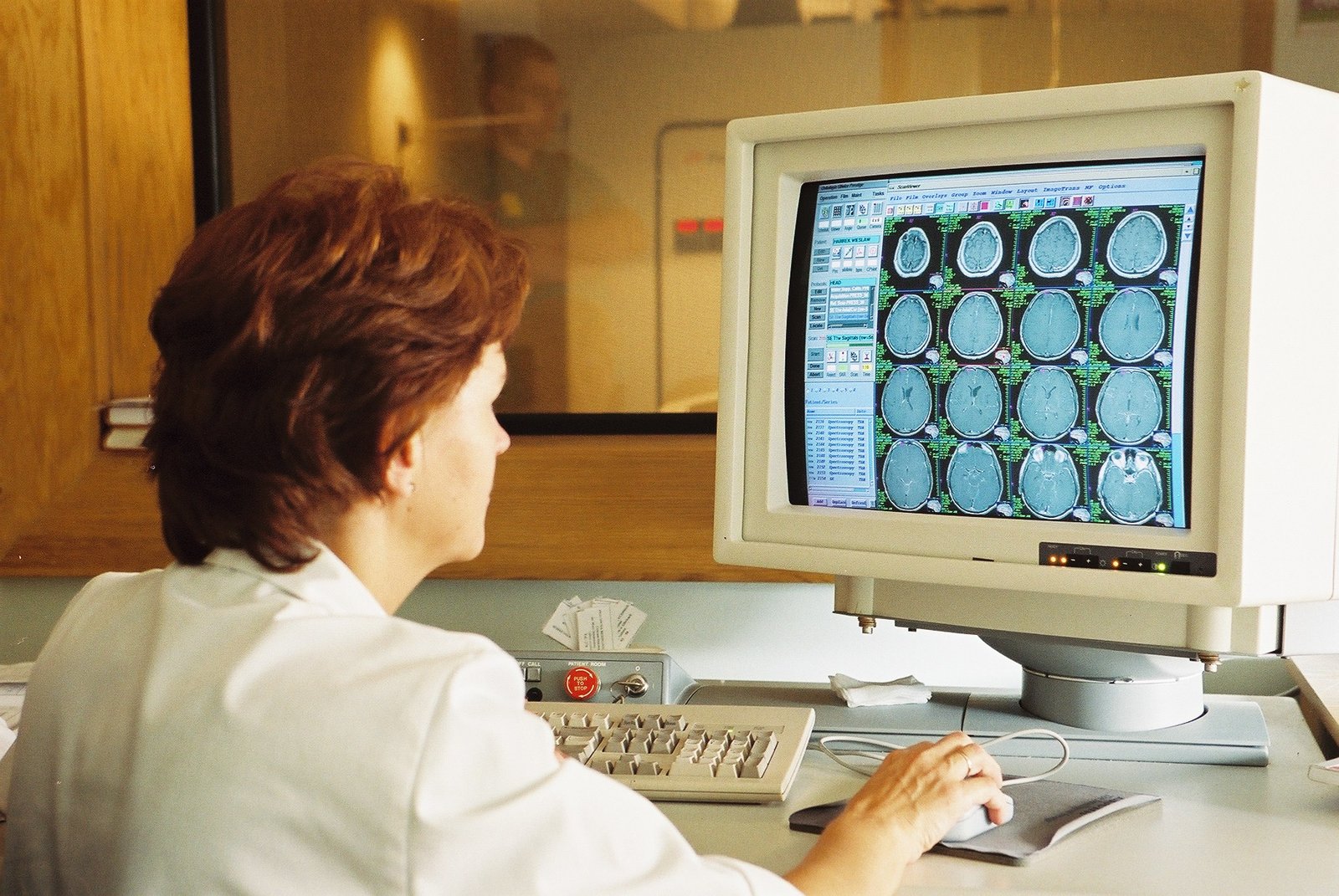
Summary: The subject of patents on life is being brought up again by several blogs of patent maximalists; they seem to forget or simply ignore the whole purpose of patents
THE only class of patents we
strongly object to other than software patents is life patents (or patents on life). It's no coincidence that Section 101 in the United States is based on several Supreme Court cases which deal with patents on life and patents on business methods/software (
Myriad, Mayo, Alice). Some things do
not deserve patents (neither at the
EPO nor at the
USPTO) because
societal benefit of these cannot be proven. Patenting just for the sake of having more patents is misguided; limits need to be imposed/enforced somewhere. Patents actually derive value from scarcity, not from overabundance.
3 days ago we saw Kate Gaudry and Rodney Rothwell writing for Watchtroll (not a good choice of platform). They speak of application acceptance rates in
"The Unpredictable Prospects of Patenting Cancer Innovation" (odd title which now speaks of "Patenting Cancer Innovation"; they actually say "Cancer Innovation" as if cancer invents something or people invent cancer).
We urge readers to see
this old discussion of patents on cancer treatment and ethical dilemmas. Warren Woessner, a loud proponent of patents on life (his whole site is dedicated to that), now speaks of
"Inventive Concept in a Diagnostic Invention" (whatever that means other than those old patent buzzwords, "Inventive" and "Invention").
All it boils down to is some PTAB bashing from Woessner and others who think society should tolerate patents on life itself. He spoke to the choir:
In a talk I recently gave on the dire fate of diagnostic methods in the hands of the courts and PTAB, I argued that, in view of the columns of selection criteria and statistical analysis required to carry out the claimed diagnosis, that Cleveland Clinic might have “purported” more than they did about the inventive concept(s) required to reach the diagnostic conclusion.
[...]
Since 2014, the walls have been closing in on diagnostic methods. Ariosa adapted the PTO’s implicit finding that the discovery of the significance of a naturally occurring correlation could not provide the inventive concept required by the Mayo/Alice test. At the end of the Mayo decision, Judge Breyer rejected the Government’s argument that “virtually any step beyond a statement of a law of nature itself should transform an unpatentable law of nature into a potentially patentable invention [under 101].”
Kevin Noonan also
wrote about Mayo after he had ridiculed Justice Breyer for doing the right thing (judge-bashing seems to be common a tactic among them). These people, whom we deem to be (patent) extremists (Noonan uses the word "overzealous"), are a danger to society's health. All they care about is money through monopoly (pricing drugs and treatments out of reach owing to that monopoly). To quote Noonan:
This is not the first instance of patent practices being considered overzealous and a threat to the practice of medicine. And a remedy to this concern has been found before, to address patent claims directed to methods for performing eye surgery.
[...]
Should Congress deign to make inclusion of medical diagnostic methods within the scope of the exemption, such an action would comport with Justice Breyer's invitation at the end of the Mayo opinion ("we must recognize the role of Congress in crafting more finely tailored rules where necessary"). Such a legislative scheme might reduce the temperature of those whose concern over the possibility that patent protection might inhibit medical services delivery has created the greater likelihood that innovation will be harmed by a lack of patent protection (or worse, that disclosure will decline, reducing the pace of innovation).
We've long written (since a decade ago) about ethical aspects of all this. Patents in their own right aren't detrimental provided one studies the collateral effects, both economic and ethical, then applies common sense. Many other sites spoke about the ludicrous concept of granting patent monopoly on several rather fundamental diagnostics techniques (such as identifying chromosomes associated with particular illnesses, syndromes and hereditary issues).
As it turns out, based on
this blog, "Oxfirst are hosting another interesting webinar on March 14, 2018 at 15.00 BST and 16.00 CET. The webinar is titled, “Are Important Innovations Rewarded? Evidence from Pharmaceutical Markets.” The presenter is Professor Margaret Kyle."
That's a very loaded question. Either way, framing the whole debate in terms of "innovations", "inventive" and "invention" is rather misleading. What's a lot more important is whether governments fund such research (which is often the case), whether the public is better served by such monopolies, and whether we care about access to medicine in poorer parts of the world. There's a moral imperative too. If we ignore it, patents become a cancer to those whom they deny access to.
⬆

